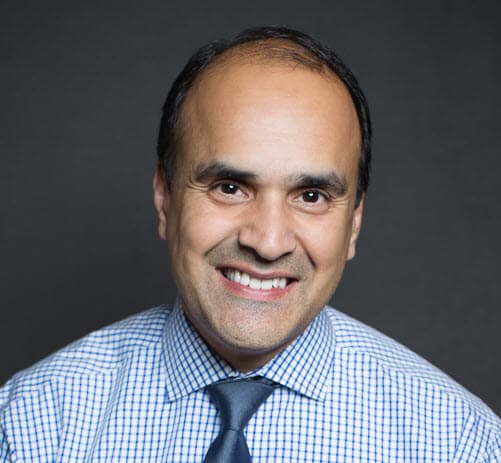
@ShahidNShah

On July 14th I conducted a seminar on How Meaningful Use Impacts Healthcare Data Management and IT Professionals. It was pretty popular and I got lots of questions at the event and many afterwards as well. One of the questions that kept coming up over and over again was about how to enter the healthcare IT field. One really good question was about certification and what i thought about it — here was the gist of the query:
Since you have tremendous knowledge of the HIT environment, what do you say is the general benefit of attaining various IT related certifications aimed specifically at HIT. For instance, although I have graduate degrees, I am a relative latecomer to HIT. I keep reading of RHIA, CISSP, CISM, CPHIMS, CHPS, etc. and wonder if they have real value in the world of HIT. As an aside, I am trying to quantify a broad general IT experience into marketable certifications by obtaining A+, N+, and SEC+ in the short order. I have played with the idea of obtaining PMP since I do quite a bit of project directed activity.
Basically, the questioner asks “is it worth getting certifications?” I’m not responding below to any specific certifications but the broad idea of any technical certification.
My take on HIT (or any IT) certifications is that they will never do any harm — but you won’t get a job because you have a certification. In my years as a software engineer, technical manager, and technical executive I’ve interviewed and hired hundreds of people for many IT- and healthcare-related positions and I can’t remember one time when I hired a person because of a certification.
The reason why certifications aren’t held in very high regard by practitioners like myself is that you can pass a test (any test) without actually having the requisite knowledge necessary to perform those same tasks in the real world. Certifications don’t guarantee any knowledge but do provide a modicum of evidence of basic understanding of a subject matter. I think of it more as a low-water mark and not real expertise or experience — that can only come with actual projects under your belt.
My simple view of the world is that you need certifications on your resume if you lack experience or need to make yourself stand out; if you have experience in a field that will speak for itself and you won’t need the certifications. Expertise and experience are really what employers are looking for and they are struggling to get enough information from prospective employees and that’s why they put the certifications requirements in job postings; what we’ve found, though, is that certifications don’t imply expertise and they certainly don’t imply experience or the ability to do any particular job in a meaningful way.
I recommend employers not require certifications in their job postings — it’s more likely that you’ll lose qualified and experienced applicants rather than gain them. That’s because the more experience and expertise a person has the less likely they are to actually have professional certifications (because they don’t need them).
So, what’s the answer to the question “is it worth getting certifications?” — my advice is that if you have the time and money to get certified don’t give up the opportunity. Go ahead and get it, it never hurts. If you’re not an expert in healthcare IT, here are some ideas that could get you started in our field:
What if you can’t find a job because you don’t have enough experience and no one will hire you due to lack of experience? Well, then find one or more open source projects where you can help with documentation, training materials preparation, quality assurance, software code, design, configuration management, or a host of other tasks. By working on an open source project you will get the experience you need without having to be hired by someone. Then, you can use that on your resume to show that you’ve got capabilities because projective employers can actually download and see what you’ve done.
Don’t forget, if you’re looking for EMR and EHR buying advice check out my free resources.

Shahid Shah is an internationally recognized enterprise software guru that specializes in digital health with an emphasis on e-health, EHR/EMR, big data, iOT, data interoperability, med device connectivity, and bioinformatics.
Connecting innovation decision makers to authoritative information, institutions, people and insights.
Medigy accurately delivers healthcare and technology information, news and insight from around the world.
Medigy surfaces the world's best crowdsourced health tech offerings with social interactions and peer reviews.
© 2025 Netspective Media LLC. All Rights Reserved.
Built on Mar 12, 2025 at 5:07am